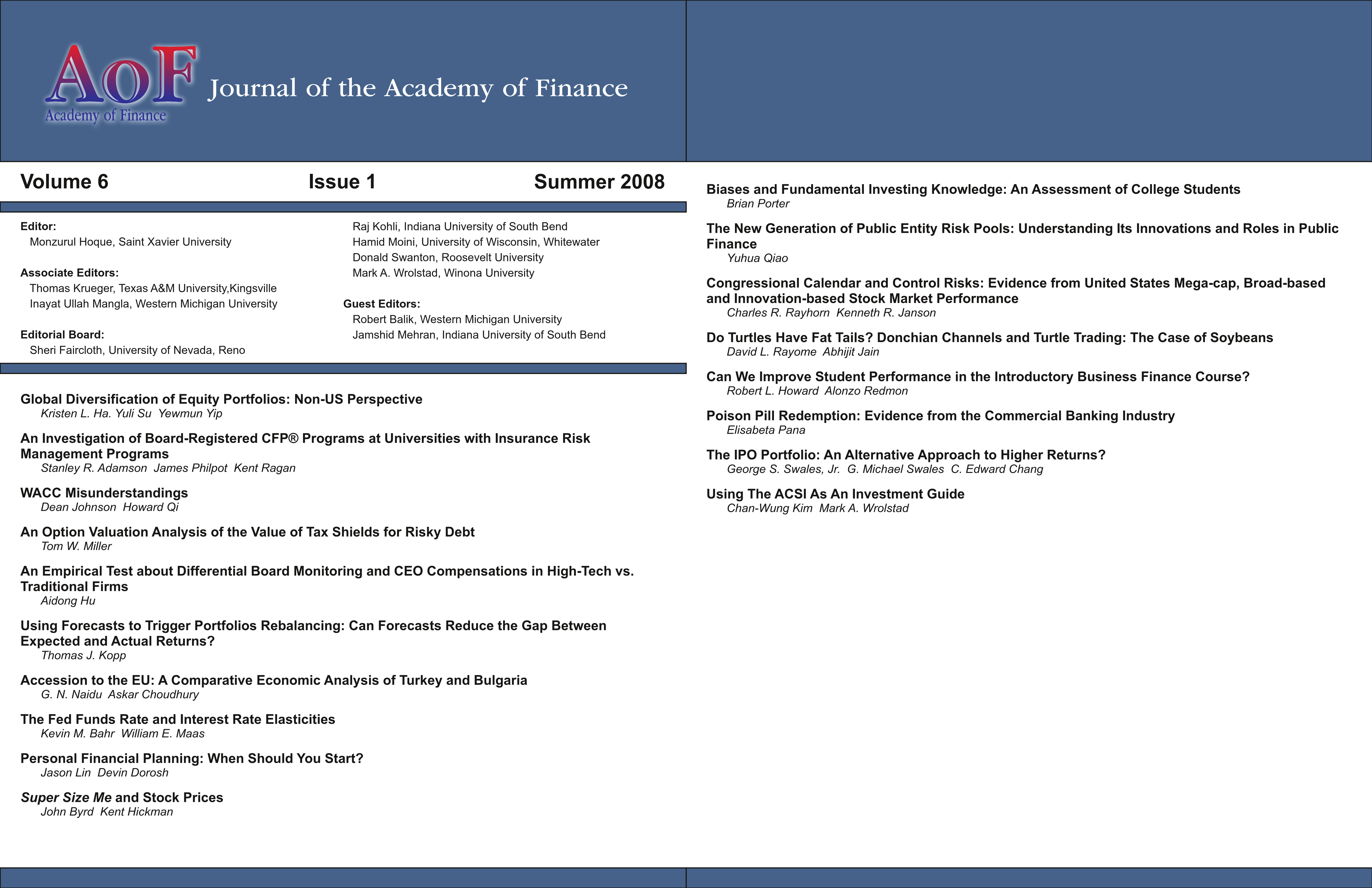Accession to the EU: A Comparative Economic Analysis of Turkey and Bulgaria
DOI:
https://doi.org/10.58886/jfi.v6i1.2428Abstract
This paper examines the European Union membership classification of both Turkey and Bulgaria with respect to other 11 longstanding European Union (EU) member countries based on their economic profiles. Turkey's most recent effort to enter the European Union has been denied, while Bulgaria and Romania were admitted to the EU. Turkey's situation is so unique both geographically and politically that it offers a very interesting paradigm for economic integration analysis. Turkey's drive to join the EU has faced many impediments and confronted numerous challenges. The basic inspiration for European Union integration is to establish a single market for goods, services, and capital among the member nations. Since this is the motto, we have examined Turkey and Bulgaria on the basis of their economic profiles for integration into the union by analyzing the similarities/differences. Multivariate analyses of Mahalanobis D2, canonical correlation, and canonical discriminant analysis show that Turkey may not yet have earned an economic status to be a member of EU on the basis of five economic factors that we have considered in this paper. However, given that Bulgaria also classified in a separate group than that of those existing EU members provides an opportunity for an argument in favor of Turkey.





